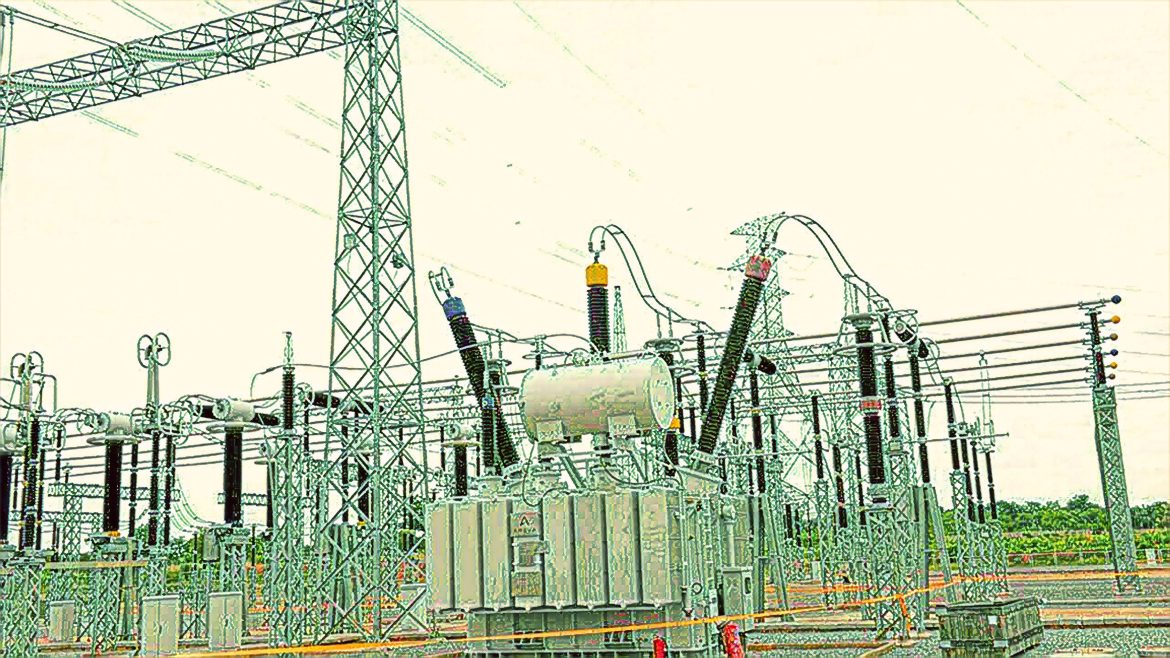Ten years ago, Nigeria embarked on a historic reform of its power sector, hoping to end the chronic electricity shortages that have plagued its over 200 million citizens for decades.
The country privatized its distribution and generation companies, handing them over to private investors who promised to improve efficiency and service delivery.
The government also invested billions of dollars in the sector to increase its installed power generation capacity of 12,500 megawatts (MW) and provide reliable and affordable electricity to all Nigerians.
However, a decade later, the reform turned out to be a colossal failure, as the country still struggles with frequent power outages, high tariffs, and low quality of service.
According to the Nigeria Electricity System Operator, electricity generation increased by only 41 percent from an average of 3,400MW in November 2013 to 4,826MW as of October 13, 2023.
Millions of households and businesses still depend on diesel generators to power their daily activities, spending more on fuel than electricity bills.
The sector faces a liquidity crisis driven by multiple factors, such as gas shortages, currency devaluation, poor metering, technical and commercial losses, delayed payments, and regulatory uncertainties.
Experts say the sector needs urgent reforms and interventions to address the challenges and ensure the safety and benefits of electricity for the people and the economy.
Some possible solutions include increasing gas supply and transmission infrastructure, declaring a state of emergency on metering, creating ethical standards and transparency, fostering public awareness and education, and enhancing collaboration between the government and the industry.
While Nigeria seems to be moving at a snail’s pace, other African countries are progressing in their power sectors.
For instance, Ghana plans to achieve 100 percent universal energy access by 2024 and possibly export electricity to Nigeria. Kenya has over 80 percent of its electricity access from renewable sources. Tunisia and Algeria have nearly 100 percent electricity access from natural gas.
Nigeria has the lowest access to electricity globally, with about 92 million people lacking power, according to the Energy Progress Report 2022 released by Tracking SDG 7.
The country needs to learn from the best practices of its peers and harness its abundant renewable energy potential to achieve its sustainable development goals and improve the quality of life of its citizens.
Privatizing Nigeria’s power sector was meant to be a game-changer for Africa’s largest economy. But after 10 years of darkness and disappointment, Nigerians are still waiting for the light at the end of the tunnel.
Source: BusinessDay


